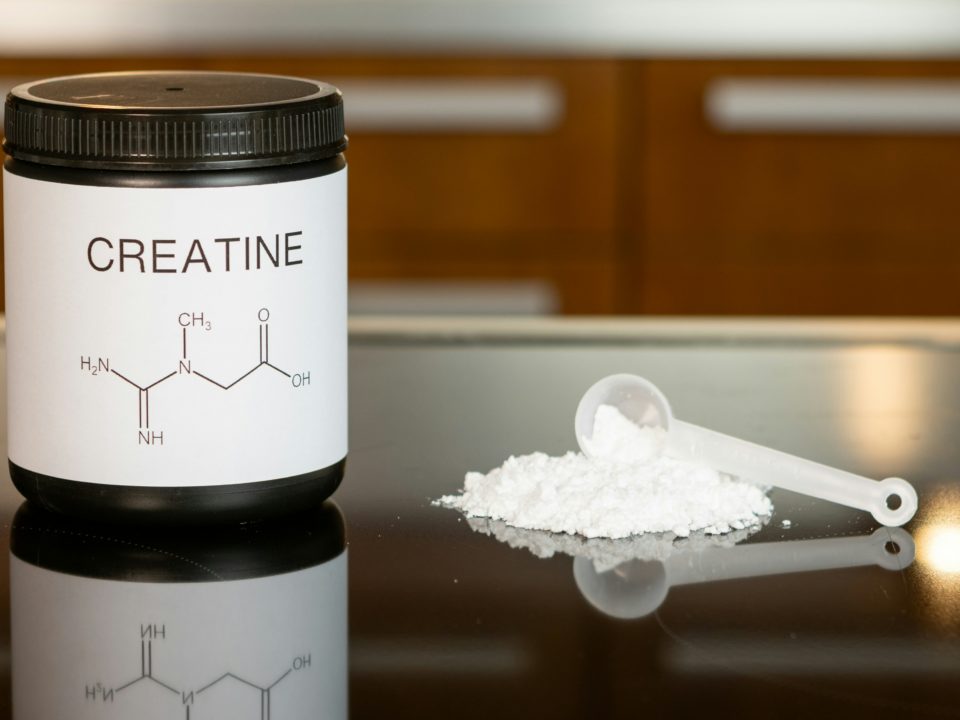
Which supplements assist with concussion recovery?
September 23, 2024Can helmets prevent concussions?
December 27, 2024
Recovering from a concussion can be a disorienting and worriesome experience. Whether it’s from a sports injury, a fall, or an accident, knowing how to navigate the first 48 hours after a concussion is crucial for effective recovery. Here are our top 10 best things to do during this critical time.
1. Seek Medical Attention
The very first step after a concussion is to seek medical evaluation. A healthcare professional can assess the severity of the injury, rule out any serious complications, and provide tailored advice for your recovery. Even if symptoms seem mild, getting checked out is vital.
2. Rest and Limit Activity
After a concussion, rest is your best friend. This means both physical and cognitive rest. Avoid strenuous activities, including sports, and take breaks from screens, reading, and other mentally taxing tasks. Listen to your body; if you feel fatigued, allow yourself to nap or take it easy.
3. Stay Hydrated and Nourished
Proper hydration and nutrition are essential. Drink plenty of water and eat balanced meals with fruits, vegetables, and proteins. Avoid alcohol and caffeine, as these can exacerbate symptoms and hinder recovery.
4. Create a Calm Environment
Your surroundings can significantly impact your recovery. Keep your environment quiet and dimly lit. Reducing sensory stimuli—like loud noises and bright lights—can help ease headaches and dizziness often associated with concussions.
5. Monitor Symptoms
Keep track of your symptoms, including headaches, nausea, dizziness, and any changes in mood or cognitive function. This information can be invaluable for your healthcare provider in tailoring your treatment and tracking your recovery progress.
6. Avoid Screens and Stimulating Activities
Limit your use of phones, computers, and televisions during the first 48 hours. The blue light emitted by screens can strain your eyes and increase discomfort. Instead, consider low-stimulation activities like listening to calming music or podcasts, if they feel comfortable.
7. Prioritize Sleep
Sleep is a critical component of healing. Aim for a regular sleep schedule and create a comfortable sleeping environment. If you’re having trouble sleeping, try relaxation techniques such as deep breathing or meditation.
8. Communicate with Family and Friends
Let those close to you know what you’re experiencing. They can provide support, help you navigate your symptoms, and assist in monitoring your recovery. Don’t hesitate to ask for help with daily tasks if you’re feeling overwhelmed.
9. Avoid Certain Medications
Consult your healthcare provider about any medications you’re taking. Some pain relievers, like ibuprofen and aspirin, can increase the risk of bleeding. Acetaminophen (Tylenol) may be a safer option for managing pain, but always seek professional advice.
10. Plan for Follow-Up Care
Make sure to schedule a follow-up appointment with your healthcare provider within a week of your injury. This follow-up is important to assess your progress and make any necessary adjustments to your recovery plan.
Conclusion
The first 48 hours after a concussion are crucial for setting the stage for recovery. By prioritizing rest, monitoring your symptoms, and seeking medical care, you can help facilitate a smoother healing process. Remember, every concussion is unique, so listen to your body and follow professional guidance. Taking these steps can make a significant difference in your recovery journey.
If you have suffered a concussion, our professionals can assist with your recovery. Phone now on (03) 9397 8877 or book an appointment online here.
